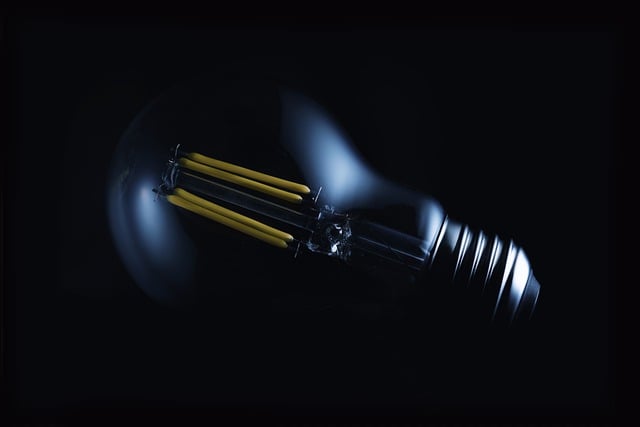In Eugene, Oregon, understanding unique electric vehicle (EV) charging needs is crucial for efficient adoption and community integration. The city's diverse landscape offers opportunities for innovative solutions like solar-powered or fast-charging stations. Local EV owners often rely on residential charging, straining home systems, where seasoned EV electricians install appropriate stations and guide energy-efficient practices. With growing EV ownership, there's a surge in demand for specialized charging infrastructure, yet challenges remain due to limited and inconvenient options. Significant investment in charging infrastructure is needed to support Oregon's growing EV fleet and encourage widespread adoption.
“Discovering Efficient Electric Vehicle (EV) Charging in Eugene, Oregon: Unlocking a Sustainable Future. As the adoption of EVs soars in Eugene, understanding its charging needs is crucial. This article explores the rapid growth of EVs and how it has outpaced current infrastructure. We delve into the role of skilled EV electricians, who are vital for installing, maintaining, and repairing charging systems. Additionally, we present efficient home and business charging solutions, highlighting Level 1 & 2 chargers and public stations, while emphasizing the benefits of licensed professionals in shaping Eugene’s sustainable transportation landscape.”
- Understanding EV Charging Needs in Eugene Oregon
- – Growth of electric vehicles (EVs) in Eugene
- – Current charging infrastructure and its limitations
Understanding EV Charging Needs in Eugene Oregon

In Eugene, Oregon, understanding the unique electric vehicle (EV) charging needs is crucial for efficient adoption and integration into the local community. With a growing number of EV owners, the demand for accessible and reliable charging infrastructure has become increasingly important. The city’s geography and climate present both challenges and opportunities for EV charging. For instance, cold winters and frequent rain may require specialized charging equipment to handle without issue. Moreover, Eugene’s diverse landscape offers opportunities for innovative charging solutions, such as solar-powered or fast-charging stations in strategic locations like parks and public transit hubs.
Local EV owners often rely on residential charging setups, but this puts a strain on home electrical systems. A seasoned EV electrician in Eugene Oregon can play a pivotal role here by installing appropriate charging stations, ensuring the necessary circuit upgrades, and offering guidance on energy-efficient practices to manage electricity consumption. Additionally, these professionals can assist with understanding local regulations and incentives related to EV charging infrastructure, helping both residents and businesses make informed decisions to support a greener future for Eugene.
– Growth of electric vehicles (EVs) in Eugene

The city of Eugene, Oregon, has witnessed a significant surge in the adoption of electric vehicles (EVs) in recent years. This trend reflects a broader national movement towards sustainable transportation as folks embrace the environmental benefits and advanced technology that EVs offer. The growing number of EV owners in Eugene has led to increased demand for reliable and efficient charging infrastructure, driving the need for specialized services from EV electricians. These professionals are instrumental in installing home charging stations, ensuring residents have convenient and accessible ways to power their electric vehicles.
With more EVs hitting the roads, Eugene is transforming into a hub for sustainable mobility. The city’s commitment to fostering an eco-friendly environment has attracted many forward-thinking residents who opt for electric cars as part of their lifestyle choice. As the EV market continues to grow, so does the requirement for skilled EV electricians to support this shift towards greener transportation options in Eugene, Oregon.
– Current charging infrastructure and its limitations

In Eugene, Oregon, the charging infrastructure for electric vehicles (EVs) is expanding, yet it still faces limitations that hinder widespread adoption. While there are numerous public charging stations located in convenient spots like shopping centers and parking lots, their availability and accessibility remain challenging for many EV owners. The current network largely relies on Level 2 chargers, which offer faster charging times than standard outlets but often fall short of the rapid refueling experience provided by gasoline stations. This disparity is a significant barrier, especially for long-distance travel, as it can take several hours to charge an EV to full capacity using Level 2 chargers.
Moreover, the limited number of fast-charging Supercharger stations from major manufacturers adds to the problem. While these high-speed chargers are crucial for long-haul trips, their spatial restriction and high usage rates make them less accessible during peak times. As a result, EV owners in Eugene often face range anxiety, especially when venturing outside the city, emphasizing the need for further investment in charging infrastructure by local authorities and private providers to support the growing EV fleet in Oregon.














